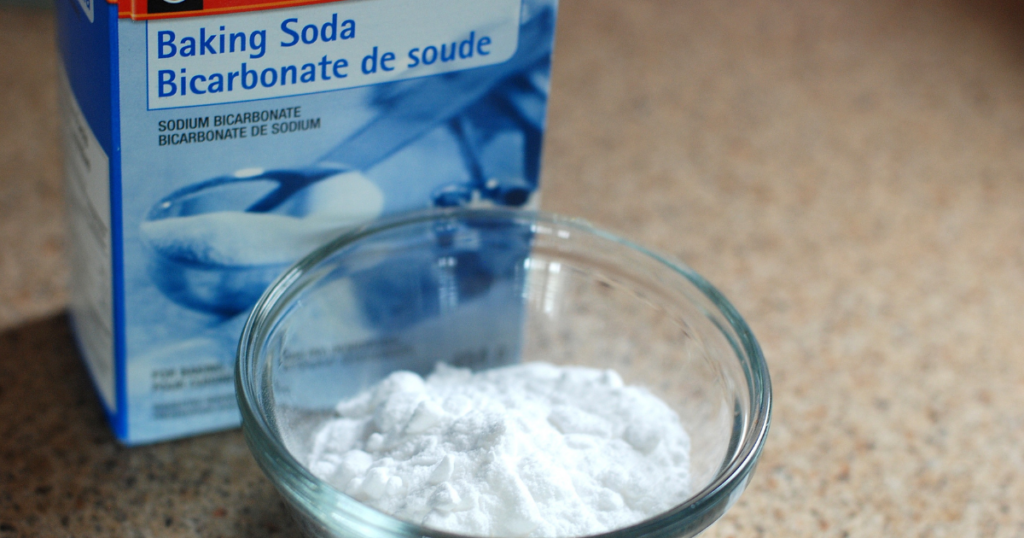Updated: August 17, 2023, at 10:57 a.m.
Yes, cocaine can make you constipated. If you or a loved one has been using the powerful stimulant, it’s crucial to understand how this drug affects the mind and the body. Specifically, your digestive system can suffer, leading to constipation, diarrhea, and other severe stomach problems.
Key blog points to remember:
- Cocaine use, both regular and recreational, can lead to constipation and other severe stomach problems.
- Common cutting agents mixed with cocaine can negatively affect digestion.
- Cocaine can block blood flow to the stomach and intestines, leading to severe pain and dangerous health problems.
Cocaine’s Troubling Effects on Your Digestive System
Research shows that cocaine doesn’t just lead to constipation. It can also cause other severe stomach problems. In this blog, we will explore how cocaine and the common cutting agents mixed with it affect digestion.
How Cocaine Affects Your Body
If you or someone close to you is struggling with cocaine use, you might have heard terms like “dopamine” or “central nervous system” tossed around. But what does that mean for you? Let’s break it down.
Cocaine and Your Brain
Cocaine affects the way your brain communicates. Imagine the brain’s neurotransmitters as “mailmen,” carrying messages between brain cells. Cocaine blocks these mailmen, causing the messages (like dopamine) to pile up. This pile-up feels good at first, but it leads to the addictive and harmful effects of the drug.
Cocaine and Your Heart
Ever felt your heart racing after using cocaine? That’s because cocaine can squeeze blood vessels (vasoconstriction) and speed up the heart (tachycardia). Cocaine also stresses cardiovascular organ tissue in ways that substances like caffeine don’t.
This is why cocaine is so dangerous. The restriction of blood flow can upset your stomach and cause constipation.
Cocaine, Your Eyes, and Body Temperature
Cocaine use can also make your pupils bigger (mydriasis) and your body hotter (hyperthermia). These are more signs that the drug is affecting your body’s natural functions.
Cocaine and Numbness
Cocaine can make parts of your body feel numb. That’s because it blocks the channels in your nerve cells that usually carry pain signals, acting like a local anesthetic.
Common Side Effects
Other side effects of cocaine include:
- Restlessness
- Irritability
- Anxiety
- Panic
- Paranoia
- Sweating
- Decreased Appetite
- Impulsivity
How This Relates to Constipation
These changes in your body might seem unrelated to constipation, but they’re all connected. How cocaine changes your brain and nervous system can have wide-ranging effects, including on your digestive system. If you’re experiencing constipation related to cocaine use, know it’s just one part of a complex picture of how this drug affects your body.
Cocaine and Stomach Pain
Cocaine users may experience intense stomach pain, a constant urge to vomit, and even blood in their diarrhea. These aren’t just temporary discomforts; they’re warning signs of something more serious happening inside the body. Cocaine’s effects on the stomach can become a chronic problem.
A Closer Look at the Danger
Scientists have found that cocaine can cut off the blood flow to the stomach and intestines. When this happens, parts of these organs can die, leading to holes and severe internal bleeding. These conditions are known as “mesenteric ischemia” and “gangrene” and can present a life-threatening situation requiring immediate medical attention.
A Real-Life Perspective from Pop Culture: Succession
In HBO’s hit TV show “Succession,” main character Kendall Roy’s struggles with cocaine were brought to life in a shocking season two scene. While the incident portrayed Kendall involuntarily defecating (or “pooping”), a Slate Magazine article dove into the medical details of cocaine and alcohol’s effects on the intestines. It revealed that cocaine can cause digestive issues, though it’s more often associated with restricting blood flow to the intestines, leading to injury.
Cocaine’s impact on the intestines might cause ischemic colitis, an injury that can cause bloody diarrhea. While the show depicted diarrhea rather than constipation, medical professionals acknowledge cocaine’s effect on blood vessels can cause intestinal issues. The Slate Magazine article, however, doesn’t find Kendall’s condition to be related to ischemic colitis.
While the incident in “Succession” focused on a different digestive symptom, it highlights the complexity and severity of substance abuse’s effect on the body. The article explored these effects, including cocaine’s potential impact on the digestive system. Although constipation isn’t directly addressed, the show and article together illustrate the need for understanding and treating the varied and serious consequences of cocaine addiction.
Cocaine Cutting Agents
Drug dealers often mix cocaine with cutting agents. These are substances used to dilute or “cut” cocaine to make more profit. Cutting agents are typically cheaper and look like cocaine, making them popular with dealers. But they can be harmful to the user.
Common cutting agents in Cocaine include:
- Benzocaine
- Levamisole
- Baking soda
These agents might seem harmless, but they can have negative digestive effects.
Benzocaine
Sold under the brand name Orajel to relieve pain, benzocaine is a local anesthetic like cocaine. It’s usually rubbed on the gums, isn’t meant to be swallowed, and can irritate the digestive system, leading to constipation and diarrhea.
Levamisole
Used to treat parasitic infections in animals, the veterinary drug is mainly found in cocaine. Levamisole can reportedly cause constipation and other digestive issues.
Baking soda
A household item, baking soda is also used as a standard cutting agent. If not fully absorbed, overeating the substance can lead to constipation.
What to Do If Cocaine Makes You Constipated
So, does cocaine make you constipated? The answer is yes, but constipation is just the tip of the iceberg. Cocaine’s long-term effects on the digestive system are far more dangerous and extensive. The stomach problems with cocaine use, including constipation and diarrhea, aren’t something to ignore.
Seek Help and Support
If you or someone you know is struggling with cocaine addiction, recognizing these physical symptoms is essential to seeking help. Treatment and support are available, and it’s never too late to take the path toward recovery.
Cocaine Drug Treatment at Landmark Recovery
Landmark Recovery offers comprehensive treatment programs to address the unique challenges of cocaine addiction. Our treatment approach includes:
- Medical Detox: Safely managing withdrawal symptoms under medical supervision.
- Residential Treatment: An immersive environment providing support and therapy.
- Behavioral Therapies: Tailored therapies to address underlying issues and triggers.
- Aftercare Programs: Ongoing support to maintain recovery and prevent relapse.
If you or someone you know is facing these challenges, know that help is available at Landmark Recovery. Call 888-448-0302 today, and a Patient Navigator will be available anytime, day or night, to discuss your unique and personal situation. If you’re ready for treatment, visit one of our drug rehab centers in the following states:
Related Reads
- What Is The Cocaine High and How Does it Feel?
- The Dangers of Cocaine Withdrawal
- How to Get Cocaine Out of Your System
- How To Come Down From Cocaine

Choose Recovery Over Addiction
We're here 24/7 to help you get the care you need to live life on your terms, without drugs or alcohol. Talk to our recovery specialists today and learn about our integrated treatment programs.





